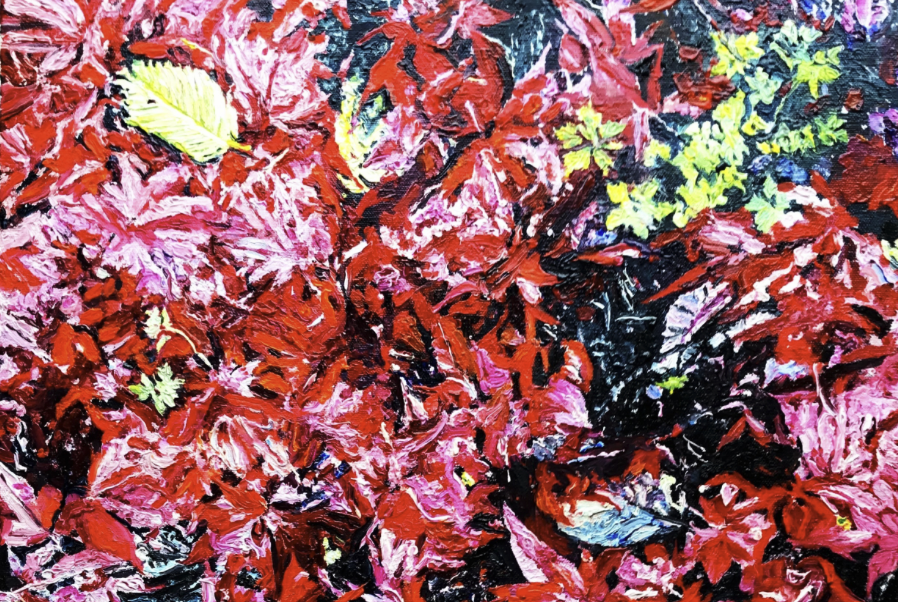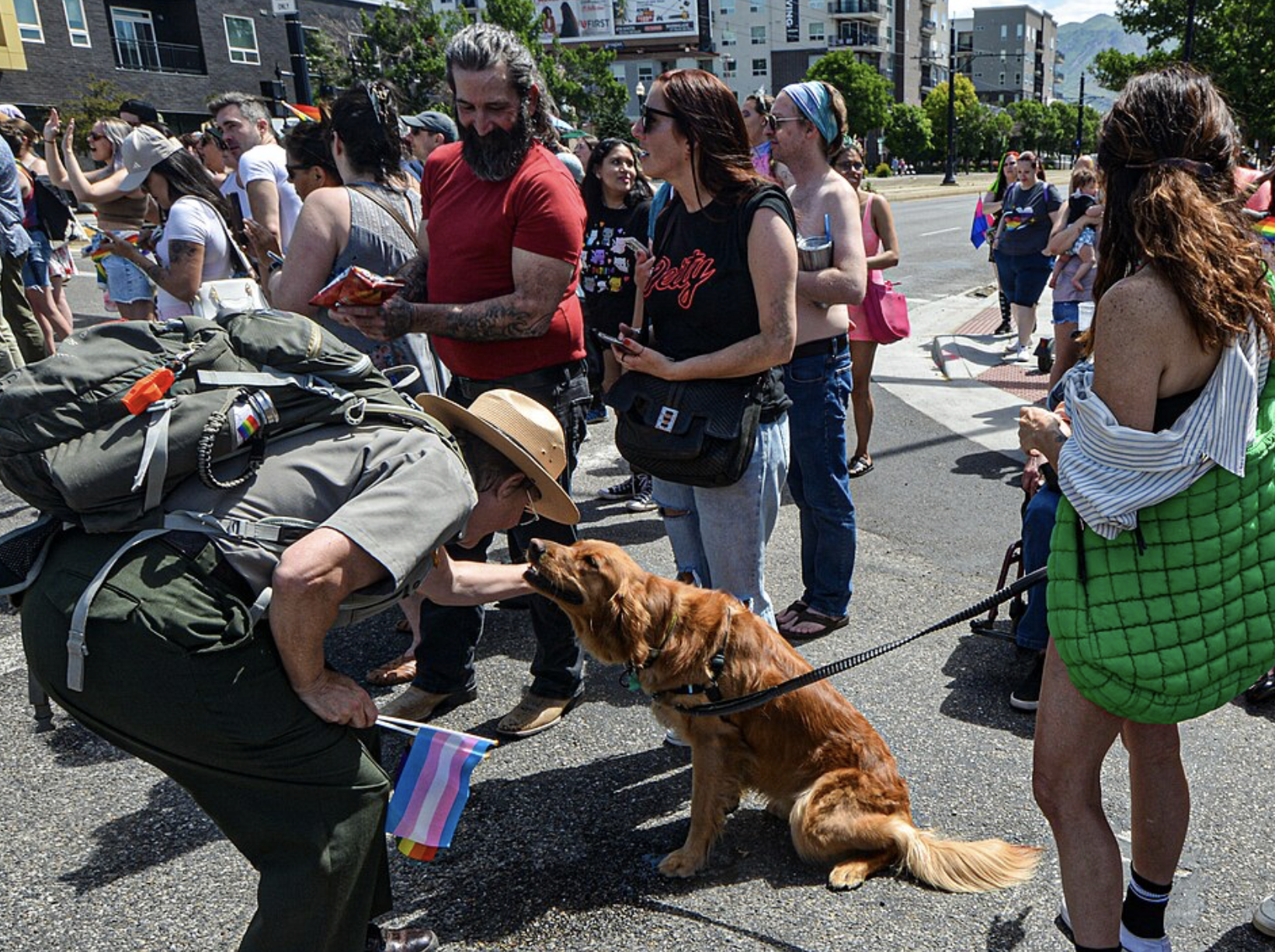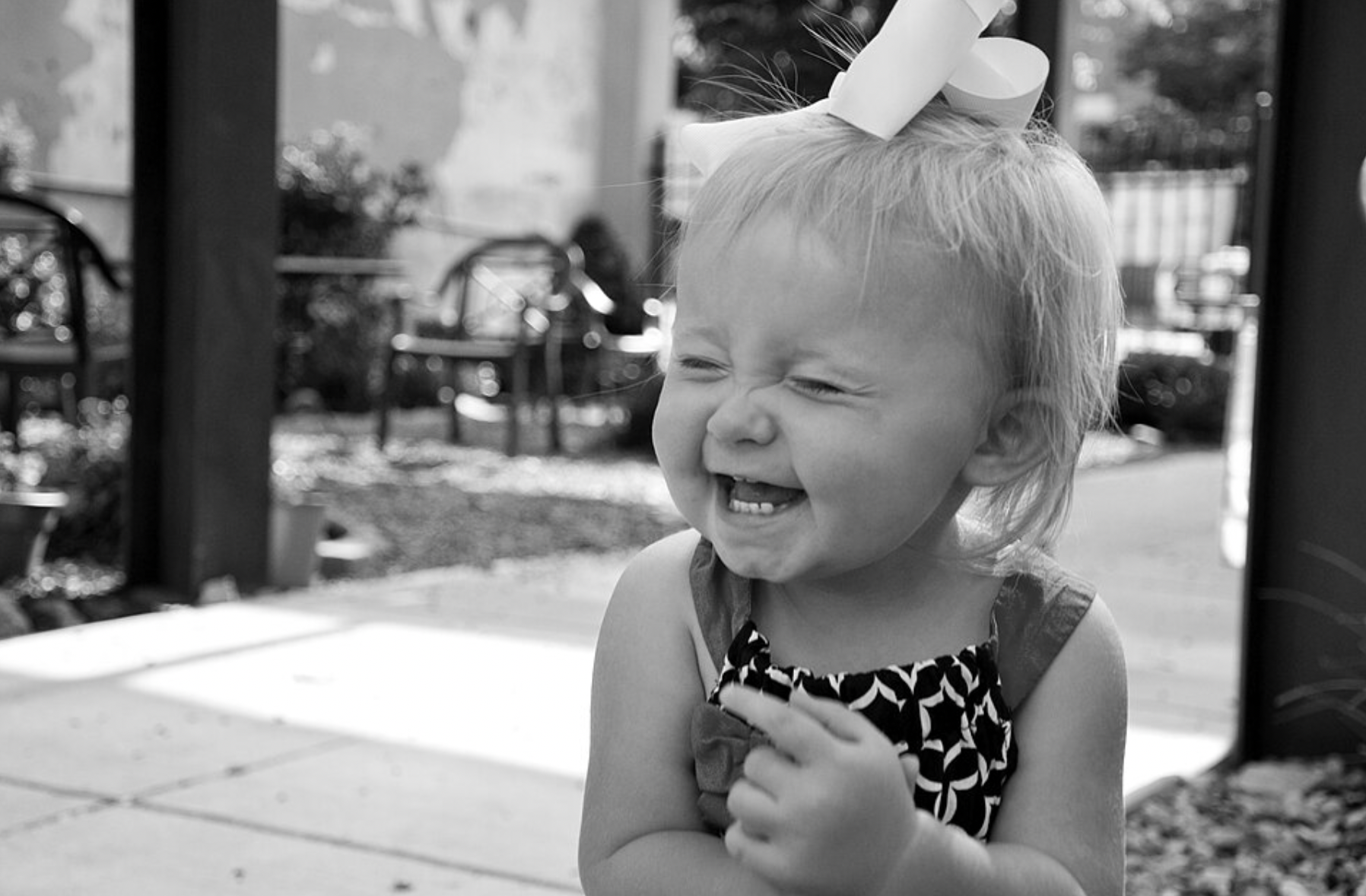The Journey of Forgiveness
This is a journey that can take years, or even a lifetime.

Our parents shape us. They fed us, house us, love us, give us a family, values, and aspirations. Usually. Mostly.
And we feel some gratitude for that.
Yet parents can be complex. They can send all sorts of layered mixed messages, piling on patterns that often they’ve inherited. Family systems can be complex. And destructive.
It might be more accurate to say that our parents try to shape us. For we have our own ideas, even if it’s dangerous to express them. Sometimes we are simply driven by a desire to survive, to not suffocate beneath the dysfunctional behaviour of a parent or parents or wider family. Love and dysfunction are so often intertwined, and hard to separate.
Many people have talked to me about surviving childhood, escaping, finding out who they want to be, working towards that, finding wonderful companions and loves, and then later revisiting their childhood. By which stage their parents might be dead. Or not.
I remember listening to one middle-aged man who, with much courage, went to talk to his aging mother about his childhood. Not the idealized childhood that was in his mother’s mind and the family mythology. But his experience of the hurts, the putdowns, the conditional love, the not-so-subtle message that he should have back then prioritized his mother’s needs.
But his mother had no idea of what he was talking about. The idealized childhood and the family mythology had become her only reality and all she could hear.
Which left him with that odd mix of feelings – frustration, anger, love, and compassion – all mingled, blended.
Which sounded like the ingredients of forgiveness to me.
I think it’s far too simplistic to imagine forgiveness as a single act. Or a simple response to someone saying ‘sorry’ (for they seldom do; and seldom with the words we want to hear).
Rather I think of forgiveness as a long journey of coming to reconcile oneself with one’s past. With the hurts done to you, even by people you trusted or loved and they you. And finding a way to live with those hurts so that they become scars rather than remain wounds. And finding a way to forgive the wrongs done, and even the people who’ve done them. And finding a way to forgive yourself for all that projected blame, and how in your life you have unknowingly similarly hurt others.
This is a journey that can take years, or even a lifetime.
The poet Mary Oliver, when she was 65, wrote a poem, “Flare”. It is one of her few where she refers to her parents. There is a mix in the poem of kindness, sadness, truth-telling and resolve.
In one line: “my mother, alas, alas, did not always love her life, heavier than iron it was, as she carried it in her arms from room to room…” In another: “my father was a demon of frustrated dreams, was a breaker of trust… He followed God, there being no one else he could talk to... (or) who would listen.”
Then powerfully Mary concludes: “It is not lack of love nor lack of sorrow. But the iron thing they carried; I will not carry. I give them – one, two, three, four – the kiss of courtesy, of sweet thanks, of anger, of good luck in the deep earth. May they sleep well. May they soften. But I will not give them the kiss of complicity. I will not give them the responsibility for my life.”
There is compassion in what she writes. Formed by much sorrow, sadness, love, and time. But there is also a strong resolve, a declaration, that she will not be complicit in their dysfunctionality and its destructive power. And that she will not yield to them the responsibility for her life.
This is one of the strongest and most insightful statements I’ve ever read about the journey of forgiveness.
Glynn




